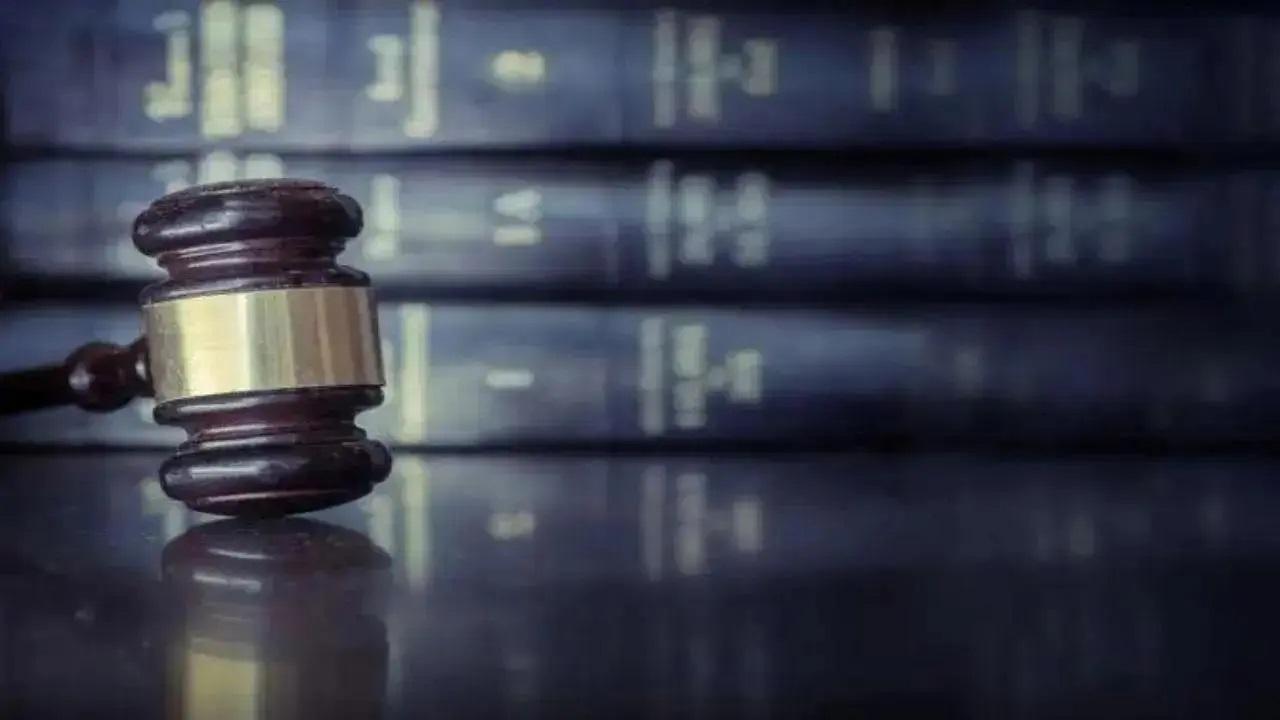The affidavit filed in this regard stated that an attempt of the applicants is to create a dramatic impression of the proceedings before the Court and to win sympathy

Representational image
In Delhi High Court, the Centre has opposed the petition seeking live streaming of proceedings on petitions for recognition of same sex marriages under the special, Hindu and foreign marriage laws and submitted that "a majority of Indian population is not very much affected by the present matter and the proceedings thereof".
ADVERTISEMENT
The affidavit filed in this regard stated that an "attempt of the applicants is to create a dramatic impression of the proceedings before the Court and to win sympathy."
Comparing India with live streaming of court proceedings in countries like the USA, UK, Australia, Brazil, China and South Africa is misplaced, and also, the International Court of Justice, affidavit read.
"Indian courts and justice administration are not competing with that of a system in practice in any other country. The sole intention of the applicant is to create a hallucination of public interest and to make the matter sensational, which is only to be discouraged by this court," stated the Centre's affidavit.
Appearing for the petitioner, Senior Advocate Neeraj Kishan Kaul objected to the Government of India affidavit and said "using words like 'sympathy', 'hallucination' etc are not right. It's clearly demeaning the rights of same-sex couples that were recognized by the Supreme Court."
The Bench of Justice Vipin Sanghi and Justice Navin Chawla also showed displeasure with the words used in the said affidavit and said, "If there is anything objectionable in the affidavit, you don't have to file it. Such affidavit from Union Ministry is not done. Don't do a mindless exercise." Later, the Bench asked the Centre to file a better affidavit while adjourning the matter for August 20.
The Delhi High Court is examining a batch of petitions filed by several same-sex couples, seeking a declaration recognising same-sex marriages under the special, Hindu and foreign marriage laws. The petitioner stated that it is a matter of national importance and live streaming can affect a larger population.
Earlier, the Court had issued notice to the Central Government wherein the petitioner stated that live streaming of proceedings is necessary as the matter is concerned around seven to eight per cent of the total population of the nation.
The Court earlier also issued notice on two petitions in this regard. The first petition was filed by two females, who have already solemnized their marriage and the second petition was filed by a transgender who has undergone a sex reassignment surgery.
The Centre has earlier told Delhi High Court that the acceptance of the institution of marriage between two individuals of the same gender is neither recognized nor accepted in any uncodified personal laws or any codified statutory laws.
The Centre, in its reply, on various petitions sought recognition of same-sex marriages under the Hindu Marriage Act, the Special Marriage Act and the Foreign Marriage Act, had opposed it saying that pleas are unsustainable, untenable and misplaced.
The Centre, in its reply, said that "marriage" is essentially a socially recognized union of two individuals which is governed either by uncodified personal laws or codified statutory laws.
One of the petitioners also urged the Delhi High Court to issue a declaration to the effect that since Section 5 of the Hindu Marriage Act of 1956 does not distinguish between Homosexual and Heterosexual couples, the right of same sex couples to marry should be recognized under the said Act.
This story has been sourced from a third party syndicated feed, agencies. Mid-day accepts no responsibility or liability for its dependability, trustworthiness, reliability and data of the text. Mid-day management/mid-day.com reserves the sole right to alter, delete or remove (without notice) the content in its absolute discretion for any reason whatsoever
 Subscribe today by clicking the link and stay updated with the latest news!" Click here!
Subscribe today by clicking the link and stay updated with the latest news!" Click here!








